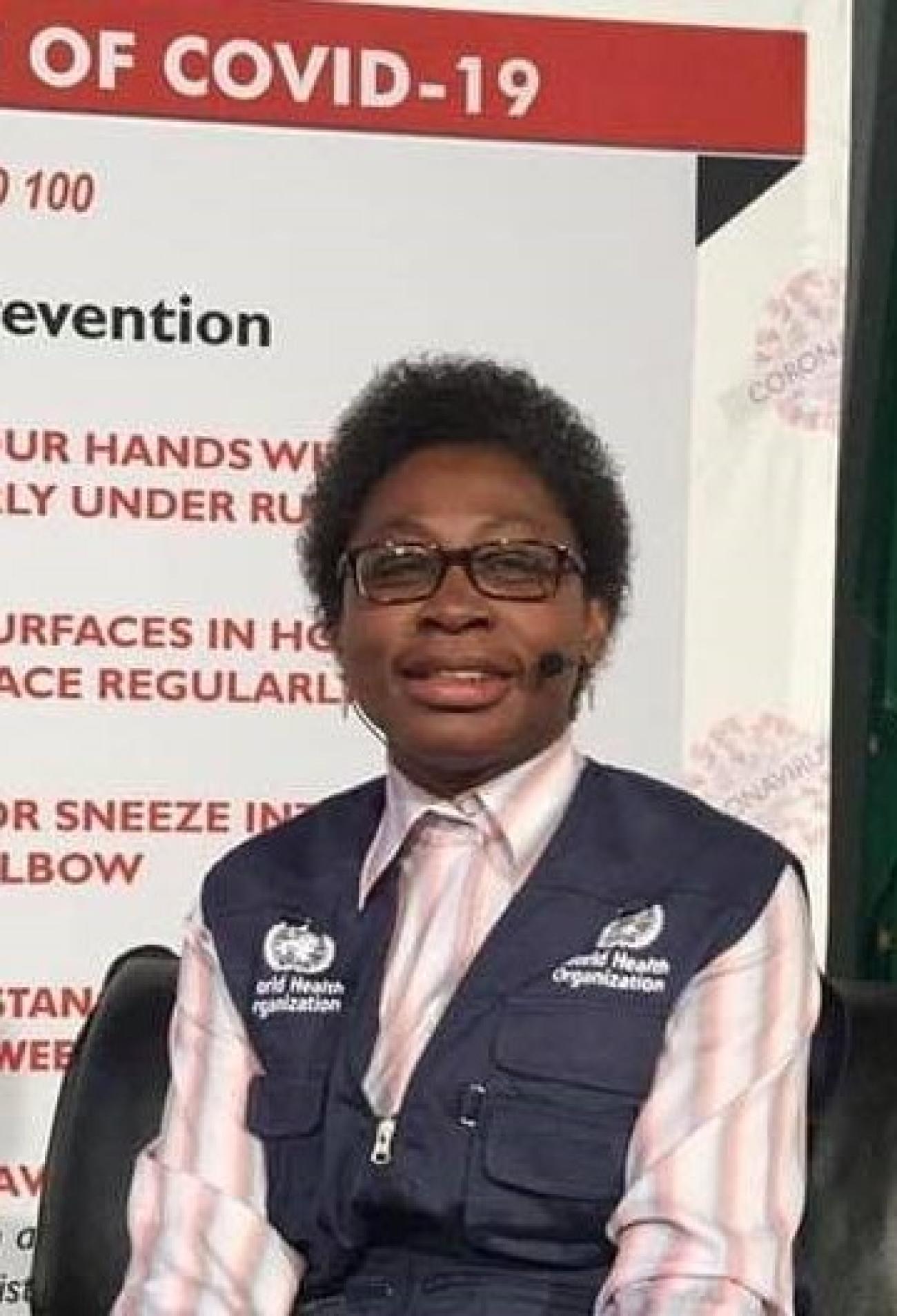Wearing masks in public spaces minimises the risk of spreading the virus by those who do not show signs of the virus.
In an effort to curb the further spread of COVID-19, the Government of the Republic of Namibia has declared the wearing of face masks by people in public spaces mandatory as from 5 May 2020. During a discussion broadcast live on national television, radio and social media, Dr. Mary Brantuo, WHO Namibia Focal person for infection prevention and control for the COVID-19 response shared the do’s and don’ts of wearing masks.
Wearing masks in public spaces minimises the risk of spreading the virus by those who do not show signs of the virus. The use of the masks should be in line with the risk involved.
“Medical masks should be reserved for medical workers and the other cloth masks should be used by the public,” Dr. Brantuo elaborated on during the discussion.
She warned however that people wearing masks should not become complacent and should still observe other health measures even with a mask.
With regard to wearing gloves, Dr. Brantuo advised that gloves be disposed after use and for hands to be washed thoroughly and often. She advises for fresh gloves to be used for different instances or when not possible for hands to be washed or sanitised more.
Here are the don’ts of wearing a mask:
- Don’t touch the front of your mask
- Don’t touch your face
- Don’t wear disposable masks more than once
- Don’t pull down to eat, drink or talk
Here are the do’s of wearing a mask:
- Do wear the appropriate size of mask
- Do discard your mask when it gets wet
- Do wash and iron reusable masks
- Do observe other heath protocols (social distancing, cover mouth with a flexed elbow or tissue with coughing or sneezing and cleaning hands with soap and water or alcohol based hand sanitizer)
- Do remove the mask to eat or drink
The COVID-19 virus remains on surfaces for up to 72 hours and is transmitted via droplets from an infected person. Masks are an essential part of personal protective equipment (PPE) that protects people from droplets accessing the mouth and nose. Dr. Apollo Basenero, Ministry of Health and Social Services (MOHSS) Technical Medical Officer said that the latest scientific research shows that the virus can be transmitted by people who do not necessarily show symptoms. “Facemasks will then prevent someone from spreading the virus to others, and when everyone has a mask it minimises the spread,” Dr. Basenero said.
Homemade masks should have three layers, with an inside layer of cotton inside and fabric in between. The person wearing the mask should comfortably be able to breathe when wearing it. Masks should not be pulled over or down to talk, eat or drink, and should rather be removed completely with strict handwashing observed. The use of masks can only be effective and safe when done appropriately. Scarves may also be used in the absence of masks.
To learn more about wearing a mask: https://www.who.int/emergencies/diseases/novel-coronavirus-2019/advice-for-public/when-and-how-to-use-masks





